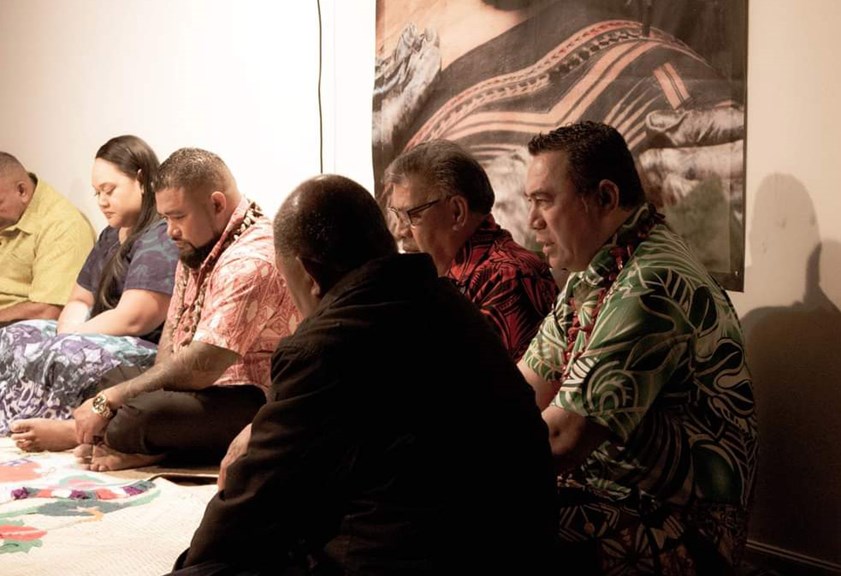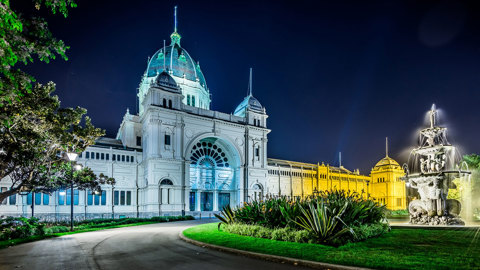The makings of a tulāfale
Fuga Lio speaks about the role of the tulāfale | orator chief with his community.
Fuga Lio: Being an orator or being a matai | chief, it comes with a lot of commitment, sacrifices, right, because actually you’ll be the mouthpiece and also be the voice of your family. One of the key responsibilities, or roles of being an orator: you will become a policymaker in the village. And that’s part of the roles and responsibilities of a really orator, and have a better understanding in terms of the platform because orators, they have their own language. They have their own platform, they have their own style.
It’s really good for an orator to have a basic understanding of the fundamentals of who you are as an orator. So you should know where you belong and where you sit in the village fono | meeting, or the village fale | house. Everybody, you know through mutual understanding and the respect, so everybody knows each other and their seatings when they have the village meeting.
I’m a very proud Samoan and I’m really really proud of who I am and I’m proud of my family, and that’s one of the things that I’ll never ever let down my family because they bestowed me with these titles, with the intention that I will carry that with pride. Because not only that, because you will, wherever you go, you’ll be representing your family, of who you are. So it’s about your mum, it’s about your dad, it’s about your ancestors, it’s about your village and that’s why people are chosen to be orators and chiefs, those days it took the whole family, the extended family, to come and decide who will be the chosen one.
You’ve got to have the patience as well, just making sure you’re a peacekeeper. You’ve got to have the courage to upfront and say what you feel and wanna make sure that everybody is the same and avoid any sort of corruption or things like that.







